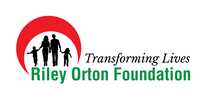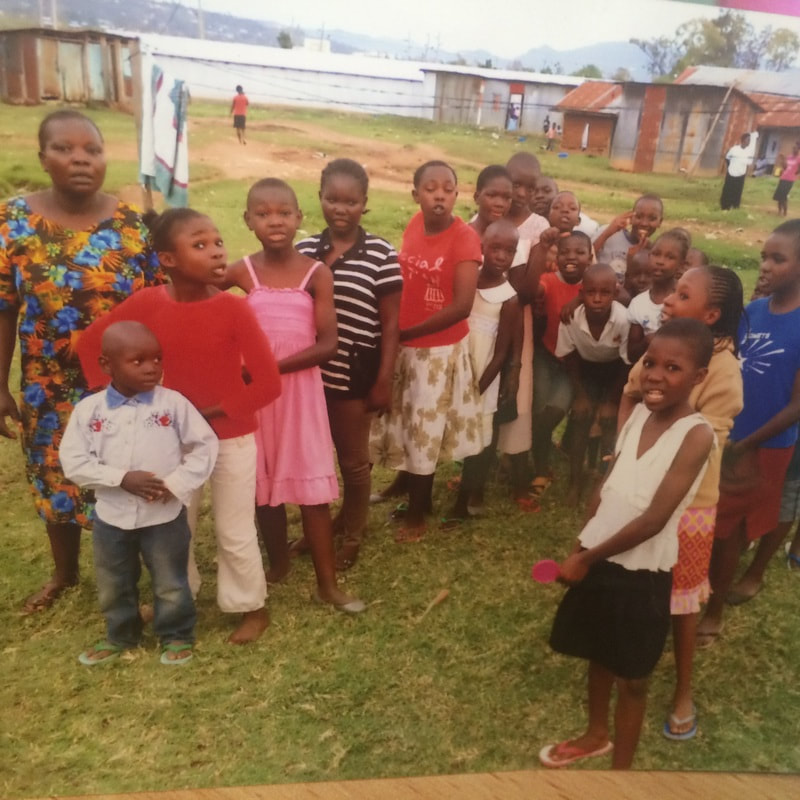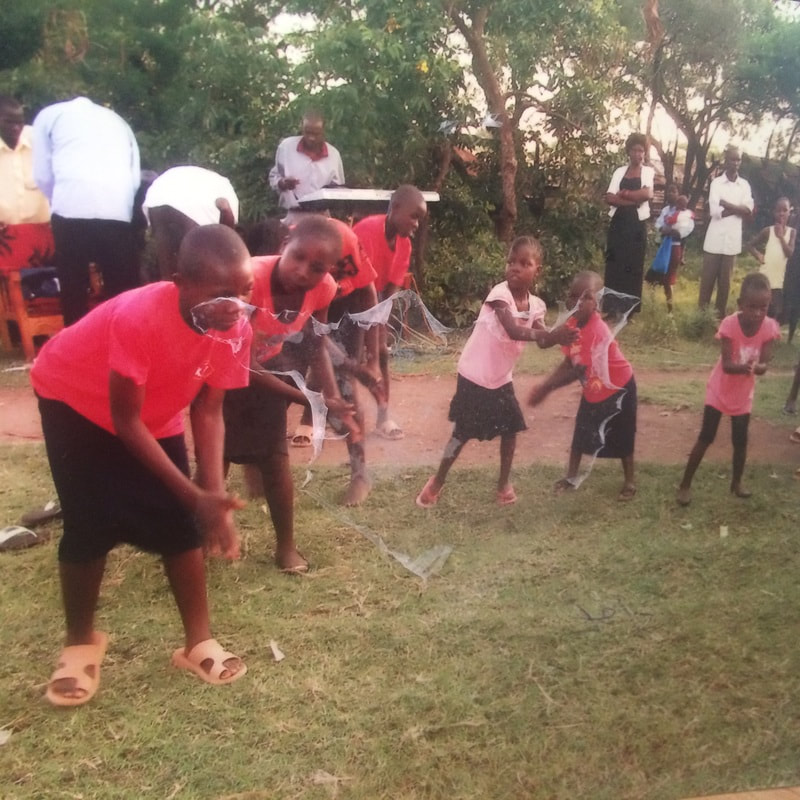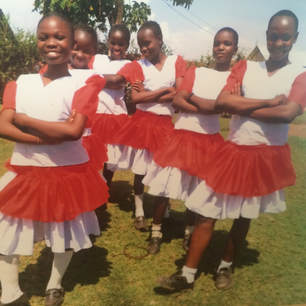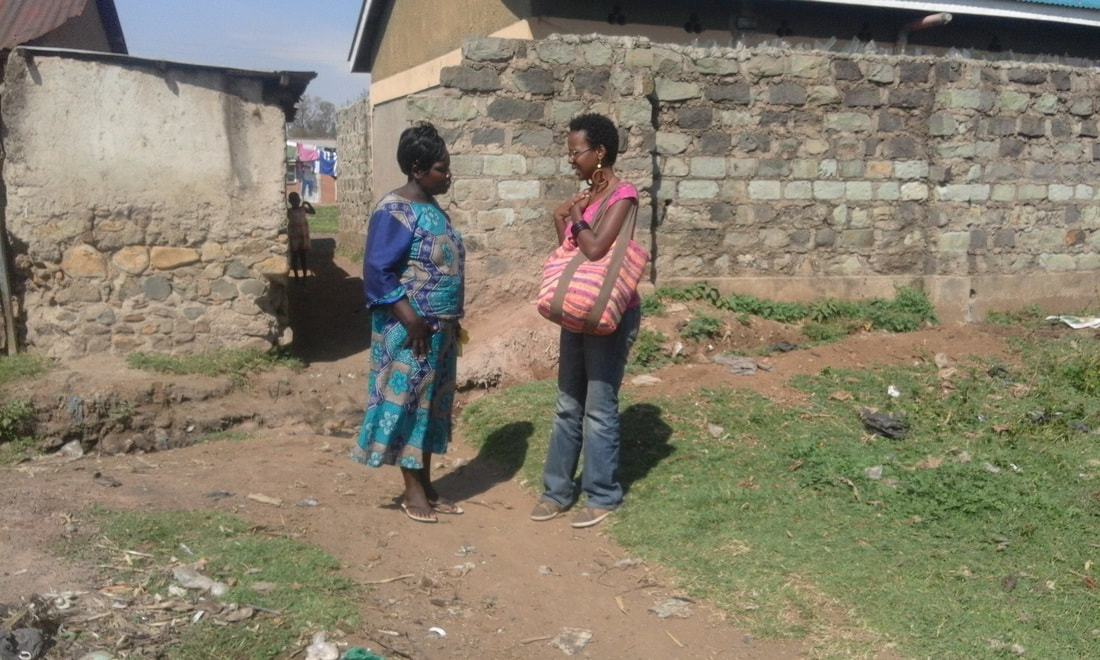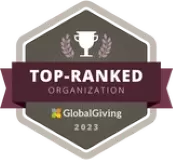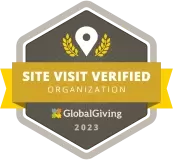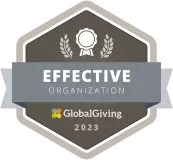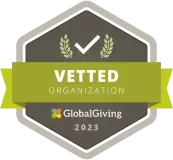With the mHub's Assistance, Mary has her Talent Club Up And Running in Obunga
Posted on October 8, 2016
"I want to leave bad habits"
It is 6.30pm in the evening. Darkness is slowly creeping in. A teenage boy and his younger brother run across the road and enter the local community clinic in Obunga. "Please test my brother for HIV," the elder brother begs the nurse. The nurse is taken by surprise and asks the young boy how old he is and why he wants the HIV test done.
"I want to leave bad habits," he says. "I went to the general hospital. They tested me and gave me some medicine to take every day at specific times of the day. The bottle of medicine they have given me even has an alarm to remind me when to take the drugs. This must be serious. I want to leave bad habits," he explains.
15 years old and married
"How old are you and what bad habits are you referring to?" the nurse asks. "I'm 15 years old and I dropped out of school in 6th grade last year. I have 5 girlfriends; one of them is my wife. I live with her in my house," he explains. The nurse doesn't believe her ears and asks how old the girlfriends are and if they go to school. The young boy has girlfriends in 6th, 7th and 8th grades as well as one in high school, 9th grade. He further explains to the nurse that he has been recruited into stealing at night. Because of his small frame, he can easily go through windows and open locked doors from the inside for older thieves to get in and rob their victims. It is from such activities that he earns money to lure little girls into prostitution and, therefore, supports his "wife."
The nurse conducts the test and a few minutes later conveys the news that he is HIV negative. A big smile lights up his face as he waits on the nurse to explain why the other hospital put him on some medication when he is HIV negative. The nurse explains that he has a sexually transmitted disease and asks whether he has told his girlfriends that he is on medication. He tells that nurse that he has not and that he has no plans to inform them lest they leave him.
Posted on October 8, 2016
"I want to leave bad habits"
It is 6.30pm in the evening. Darkness is slowly creeping in. A teenage boy and his younger brother run across the road and enter the local community clinic in Obunga. "Please test my brother for HIV," the elder brother begs the nurse. The nurse is taken by surprise and asks the young boy how old he is and why he wants the HIV test done.
"I want to leave bad habits," he says. "I went to the general hospital. They tested me and gave me some medicine to take every day at specific times of the day. The bottle of medicine they have given me even has an alarm to remind me when to take the drugs. This must be serious. I want to leave bad habits," he explains.
15 years old and married
"How old are you and what bad habits are you referring to?" the nurse asks. "I'm 15 years old and I dropped out of school in 6th grade last year. I have 5 girlfriends; one of them is my wife. I live with her in my house," he explains. The nurse doesn't believe her ears and asks how old the girlfriends are and if they go to school. The young boy has girlfriends in 6th, 7th and 8th grades as well as one in high school, 9th grade. He further explains to the nurse that he has been recruited into stealing at night. Because of his small frame, he can easily go through windows and open locked doors from the inside for older thieves to get in and rob their victims. It is from such activities that he earns money to lure little girls into prostitution and, therefore, supports his "wife."
The nurse conducts the test and a few minutes later conveys the news that he is HIV negative. A big smile lights up his face as he waits on the nurse to explain why the other hospital put him on some medication when he is HIV negative. The nurse explains that he has a sexually transmitted disease and asks whether he has told his girlfriends that he is on medication. He tells that nurse that he has not and that he has no plans to inform them lest they leave him.
Lack of constructive activities
As I listen to Mary and the nurse narrate the story of this young boy, I can't help wondering how many boys find themselves in his shoes and, even worse, how the girls in this community are endangered and are at risk of contracting sexually transmitted diseases and unwanted pregnancies all because of poverty and lack of constructive after school activities.
What Mary says next is heartbreaking.
Murdered with soapy water
My heart bleeds as I listen to a story of a young girl from the Obunga slum who got pregnant in 7th grade. Her parents decided to terminate the pregnancy so that she could continue with her education. But they were too late. The girl was already 7 months pregnant when they accompanied her to the local traditional birth attendant to procure the illegal abortion. Miraculously, the child was born alive. Keen to protect their "family name", the girl and her mother decided to kill the baby by pouring highly concentrated soapy water on the new born boy child. The little angel's screams for help fell on deaf ears. Because he didn't immediately die, they put him in a basket and hid him for a day before he passed away. He was secretly buried in the slum. "Life goes back to normal as another innocent life is lost, and another girl exposed to trauma and misery for the better part of her life," sighs Mary.
There is Hope
Such is the life girls, boys and young people have to face in the slum when there is rampant poverty and few support systems to protect them and allow them to grow and thrive. At this point, I feel happy to have supported Mary and her Kisumu Talent Club with a Flow Fund from the Pollination Project. Though marginalized, her work is vital to bringing real transformation in the lives of children and the youth who would otherwise engage in illicit activities. As they dance their way out of crime and the dangers of early sexual debut and pregnancies, there is hope that nurturing their skills and talents hold the key to a better community.
As these girls, boys and their families go through psychological torture, due to pressures to meet set societal standards and expectations, I can't appreciate enough the work done by leaders like Sitawa Wafula in the world of mental health and can only hope that one day she, too, gets to work with Mary to help these children and their families heal.
As I listen to Mary and the nurse narrate the story of this young boy, I can't help wondering how many boys find themselves in his shoes and, even worse, how the girls in this community are endangered and are at risk of contracting sexually transmitted diseases and unwanted pregnancies all because of poverty and lack of constructive after school activities.
What Mary says next is heartbreaking.
Murdered with soapy water
My heart bleeds as I listen to a story of a young girl from the Obunga slum who got pregnant in 7th grade. Her parents decided to terminate the pregnancy so that she could continue with her education. But they were too late. The girl was already 7 months pregnant when they accompanied her to the local traditional birth attendant to procure the illegal abortion. Miraculously, the child was born alive. Keen to protect their "family name", the girl and her mother decided to kill the baby by pouring highly concentrated soapy water on the new born boy child. The little angel's screams for help fell on deaf ears. Because he didn't immediately die, they put him in a basket and hid him for a day before he passed away. He was secretly buried in the slum. "Life goes back to normal as another innocent life is lost, and another girl exposed to trauma and misery for the better part of her life," sighs Mary.
There is Hope
Such is the life girls, boys and young people have to face in the slum when there is rampant poverty and few support systems to protect them and allow them to grow and thrive. At this point, I feel happy to have supported Mary and her Kisumu Talent Club with a Flow Fund from the Pollination Project. Though marginalized, her work is vital to bringing real transformation in the lives of children and the youth who would otherwise engage in illicit activities. As they dance their way out of crime and the dangers of early sexual debut and pregnancies, there is hope that nurturing their skills and talents hold the key to a better community.
As these girls, boys and their families go through psychological torture, due to pressures to meet set societal standards and expectations, I can't appreciate enough the work done by leaders like Sitawa Wafula in the world of mental health and can only hope that one day she, too, gets to work with Mary to help these children and their families heal.
